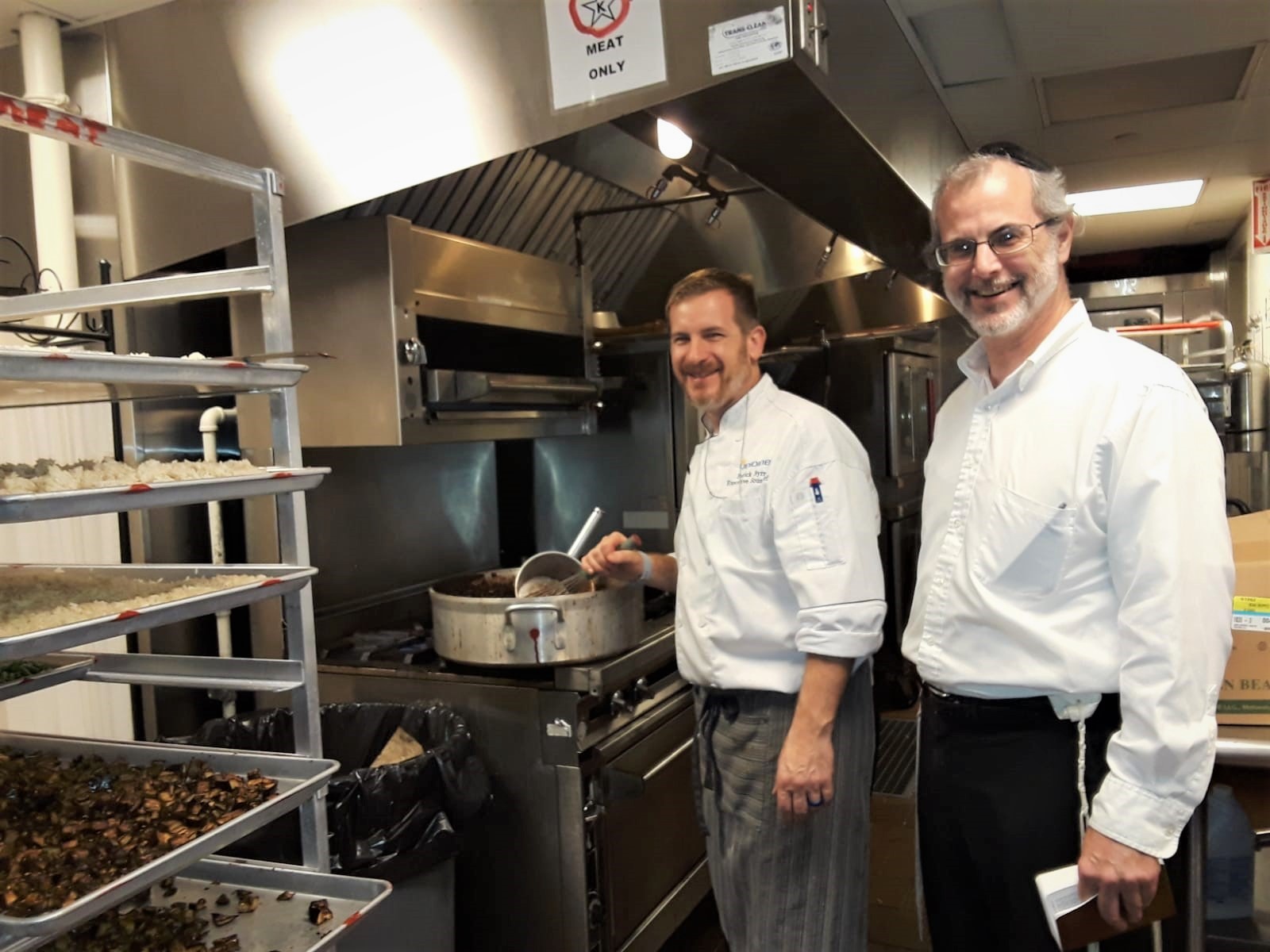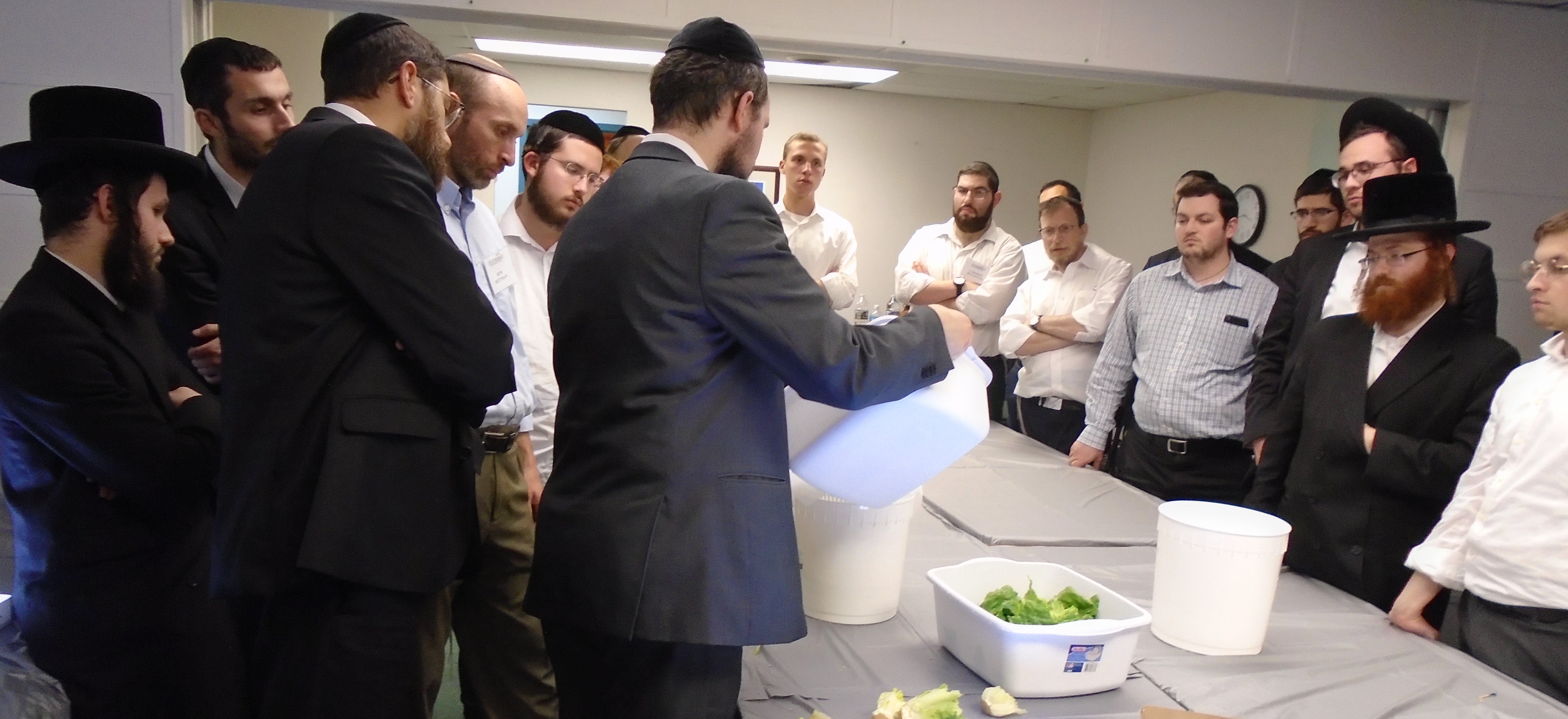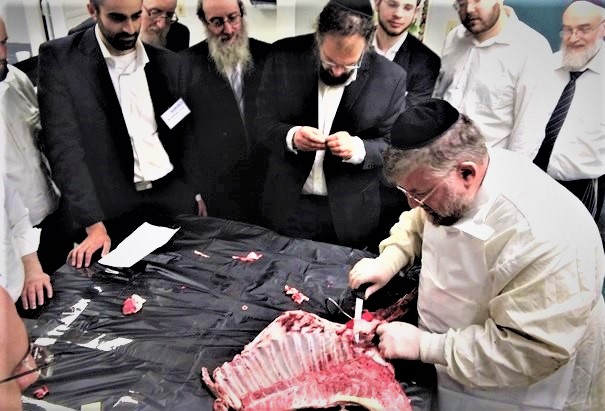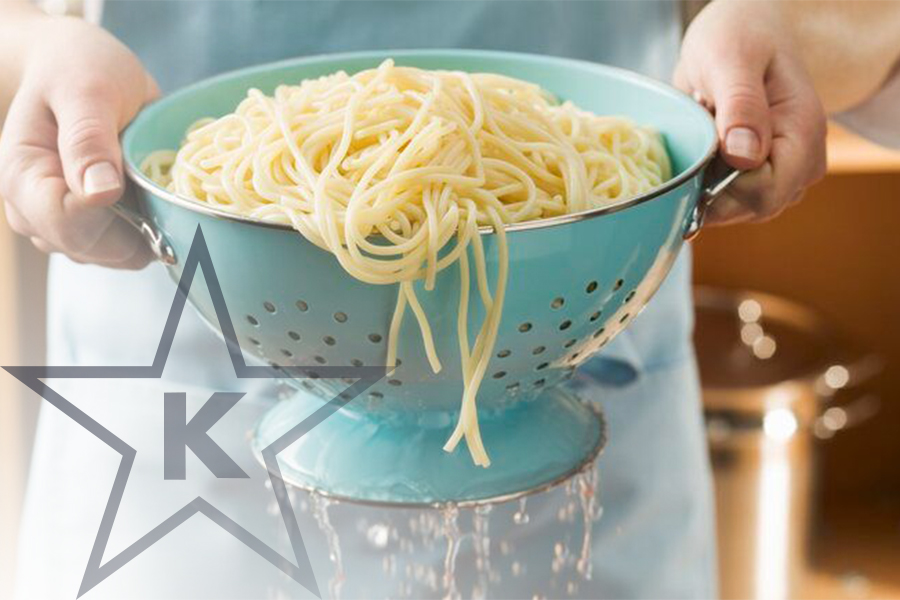STAR-K Kosher Certification Announces Synergetic Partnership with Registrar Corp
STAR-K Kosher Certification Director of Development Steve Sichel and Registrar Corp President David Lennarz serendipitously met at a trade show in Germany about 15 years ago, and although they never imagined that their companies would partner in the future – the match is an obvious one.
Every company that produces food or pharmaceuticals sold in the United States must comply with FDA requirements; with its numerous multi-lingual teams in offices throughout the world, Registrar Corp assists with the copious legwork needed to achieve that compliance seamlessly. For the twin benefit of Registrar’s clients exploring Kosher certification and existent STAR-K Kosher certified clients in need of FDA registration, the symbiotic relationship was realized. The partnership was formalized at Registrar Corp’s headquarters in Hampton, Virginia, in June.
Registrar Corporation provides turnkey services including
FSMA compliance including HACCP and Food safety planning
Label redesign and compliance
Import notification
myFDA […]























 STAR-D
STAR-D STAR-S
STAR-S